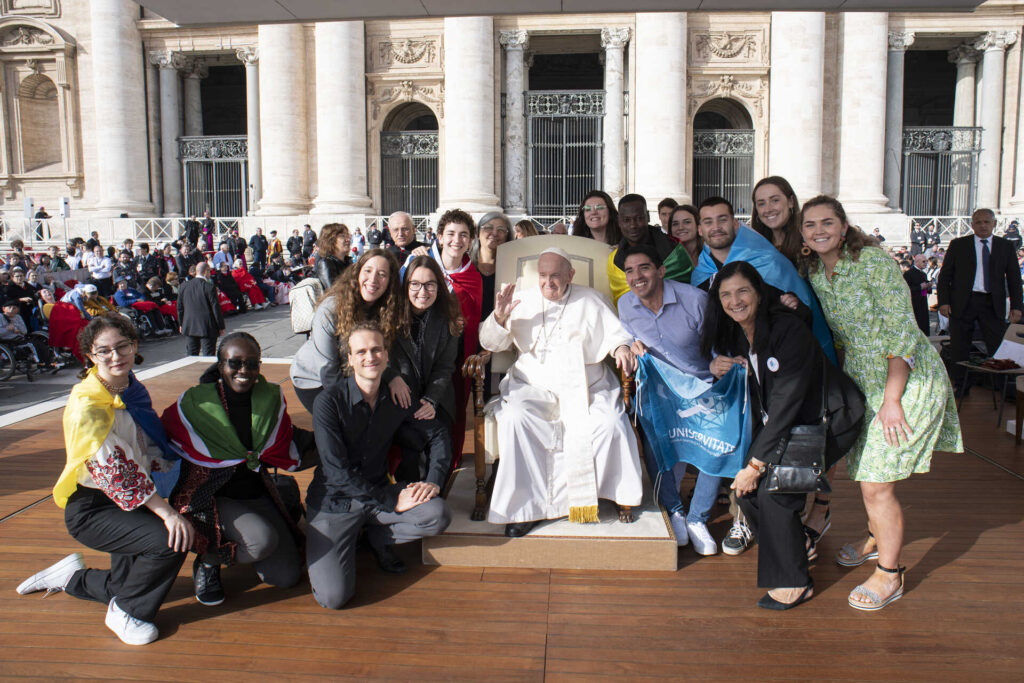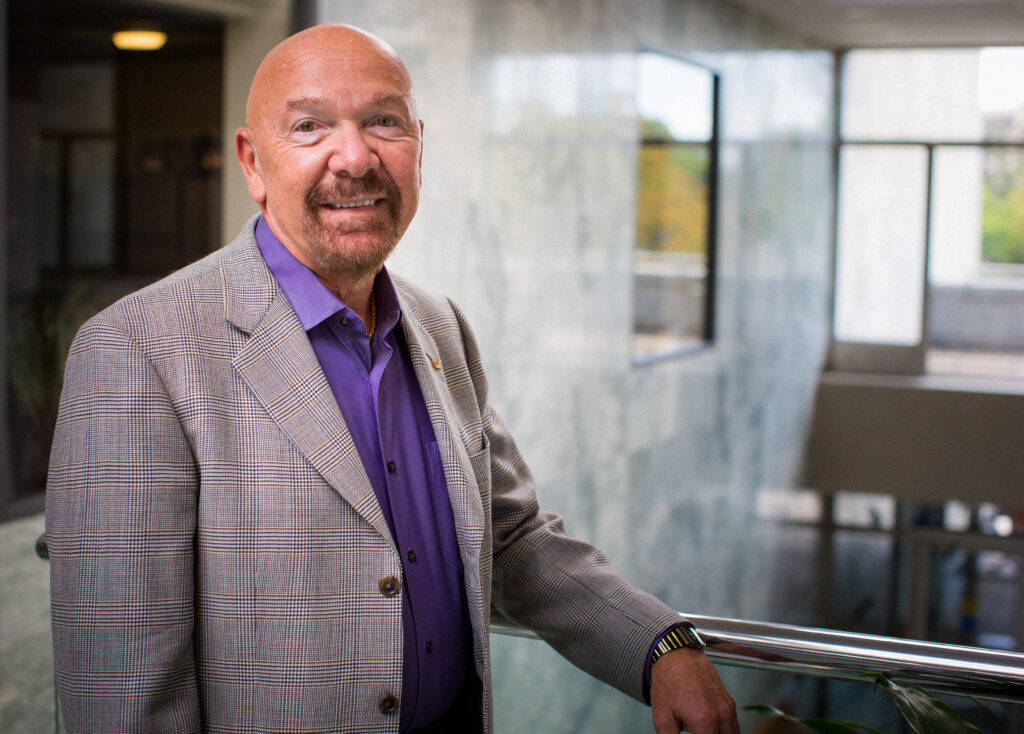What promises to be a busy 2012 political season in Minnesota will open Tuesday, Feb. 7, with precinct caucuses, and it’s time for a reminder about political activity rules that apply to St. Thomas.
The university is a 501(c)(3) charitable organization, and consequently is prohibited by the Internal Revenue Service from participating or intervening in any political campaign activities on behalf of, or in opposition to, any candidate for public office.
While 501(c)(3) organizations are permitted to conduct certain voter education activities, including public forums and debates, those events may not show a preference for or against a particular candidate. St. Thomas is prohibited from the following activities:
- Endorsing candidates.
- Making campaign contributions.
- Engaging in fundraising for candidates.
- Making statements of position (verbal or written) on behalf of the university in favor of or in opposition to any candidate for public office.
- Making partisan comments in official publications or at official functions.
- Becoming involved in any other activities that might be beneficial or detrimental to any candidate.
- Hosting a debate or forum showing preference for or against a certain candidate; any such activity must allow participation by all legally qualified candidates for the contested office.
St. Thomas may support legislation related to higher education, but the university must avoid issue advocacy that functions as intervention in a campaign or that otherwise may jeopardize its tax-exempt status.
Student media may publish editorials that oppose or endorse specific legislation or candidates for political office without endangering the university’s tax exemption. The media must state clearly that the views reflected are those of the student editors and not of the educational institution.
Members of the St. Thomas community are entitled to participate in the election process and to take personal positions on candidates and issues as long as such participation and positions are in an individual capacity without making use of university resources (such as facilities, equipment, supplies or letterhead). Individuals must be clear that any involvement is personal and is not intended to represent the views of the university.
St. Thomas generally allows political signs in personal offices and residence hall rooms as long as they are in good taste and are not offensive. Signs may not be placed in common areas, on the outside of buildings or on the grounds. This is to avoid any suggestion that the university is endorsing a candidate. Individuals who rent houses from St. Thomas on Summit and Grand avenues may place signs on their lawns, but signs should not be affixed to multi-unit apartment buildings such as the student residences at 2171 and 2175 Grand, or placed on the lawns of such addresses.
Additional restrictions apply to certain types of participation in campaign-related activities by employees. Details, policies and guidelines are available on political activities and on visits by candidates to campus. Questions can be referred to me at gros6968@stthomas.edu or to Doug Hennes in University Relations at dehennes@stthomas.edu.
It is very important that all university employees and students adhere to these rules. If the IRS finds violations, the university could lose its tax-exempt status and could be subject to severe excise taxes.






